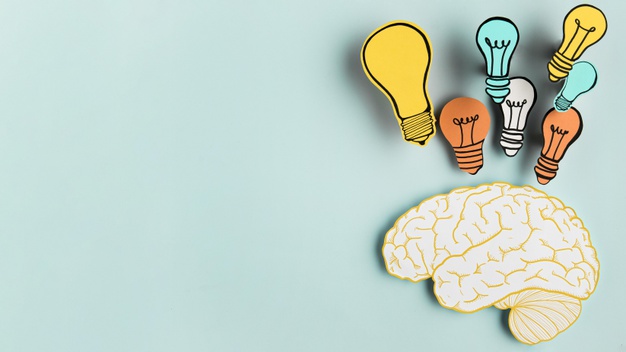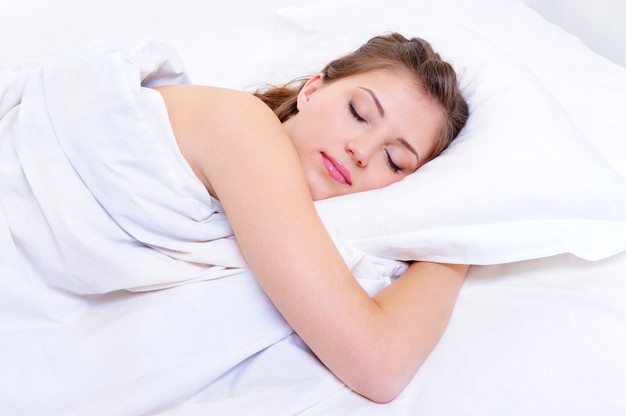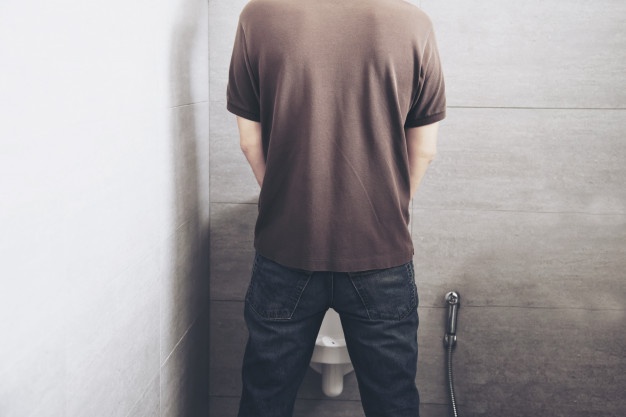There are many things we do not know about sleep. Questions like why do we have sleep cycles, why do we dream, and why humans need to sleep in the first place are things scientists are still finding exact answers to.
But one thing is for sure: when we sleep and sleep well, we feel better physically and mentally and perform better during the day.
Read on to discover some of the things we know about sleep and why sleep is so important to our bodies and minds.
What Happens When You Sleep?
7. Your Brain Sorts And Processes The Day’s Information

Don’t be fooled into thinking that when you’re sleeping, your brain shuts down too. In fact, your brain is very busy while you sleep, sorting, and storing information for the day.
This process is particularly important for creating long-term memories, as your brain consolidates all the information it has collected throughout the day and stores it for later use.
6. Hormones Flood Your Body

Several different hormones are released during sleep, all for different purposes. Melatonin, released by the pineal gland, controls your sleep patterns.
Levels rise at night, making you feel drowsy. While you sleep, your pituitary gland releases growth hormone, which helps your body grow and repair itself.
5. Your Sympathetic Nervous System Chills Out
During sleep, your sympathetic nervous system, which controls your fight or flight reaction, has a chance to relax. Studies have shown that when we are sleep deprived, the activity of the sympathetic nervous system increases, which is also reflected in an increase in blood pressure.

Scientists studying coronary heart disease are investigating whether there is a relationship between decreased sleep duration and an increased risk of heart disease.
4. Cortisol Levels Lower
Cortisol levels, often called the stress hormone, drop during the first few hours of sleep before reaching a peak level right after waking up. This helps you feel excited when you wake up and increases your appetite.
3. Your Muscles Paralyze

During sleep, you switch between periods of non-rapid eye movement sleep (NREM) and rapid eye movement sleep (REM). It is during REM sleep that we have the most vivid dreams.
During this phase, your muscles are temporarily paralyzed, which means that you cannot move. Some scientists think this may be so you don’t physically stage your dreams.
2. Anti-diuretic Hormone (Adh) Helps You Not Have To Pee

Have you ever wondered why you have to go to the bathroom to urinate every two hours during the day, but can you sleep a full eight hours without going to the bathroom?
Thanks to ADH, an antidiuretic hormone released by the brain under a circadian rhythm that eliminates the need to urinate so frequently at night.
1. Your Immune System Releases Inflammation-fighting Cytokines
While you sleep, your immune system releases a type of small proteins called cytokines. If you are sick or injured, these cytokines help your body fight inflammation, infection, and trauma.
Without getting enough sleep, your immune system may not function optimally.
Your body does a very important job while you sleep. Getting a good night’s sleep is vital to your physical and mental health, so if you have trouble falling asleep, staying asleep, don’t feel rested upon waking, or feel tired during the day, talk to your doctor about what you can do to improve sleep or if there is an underlying health problem or sleep disorder causing a lack of Zs.









Leave a Reply